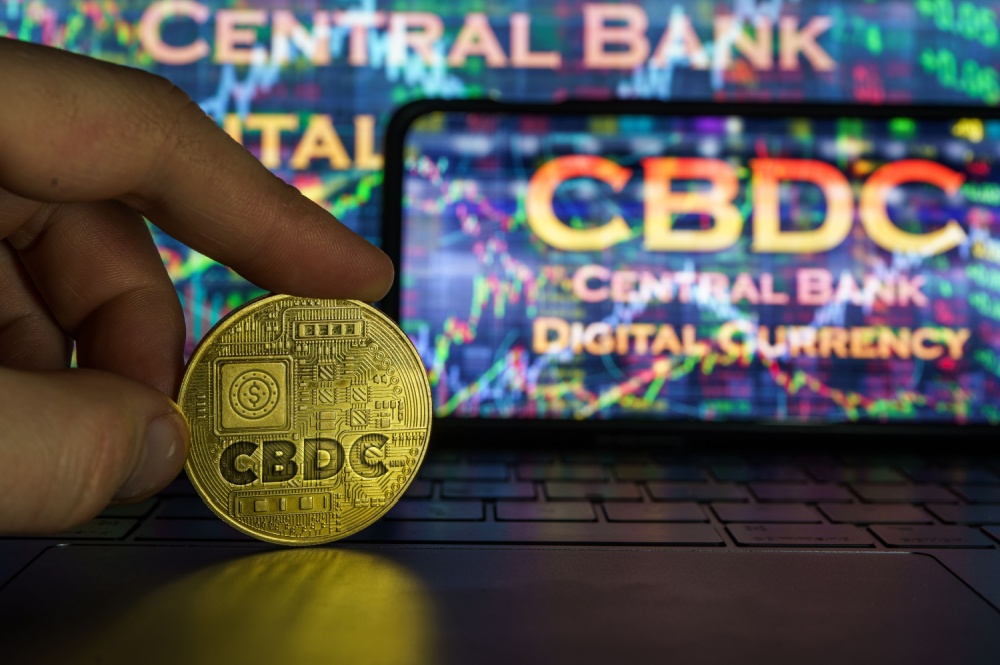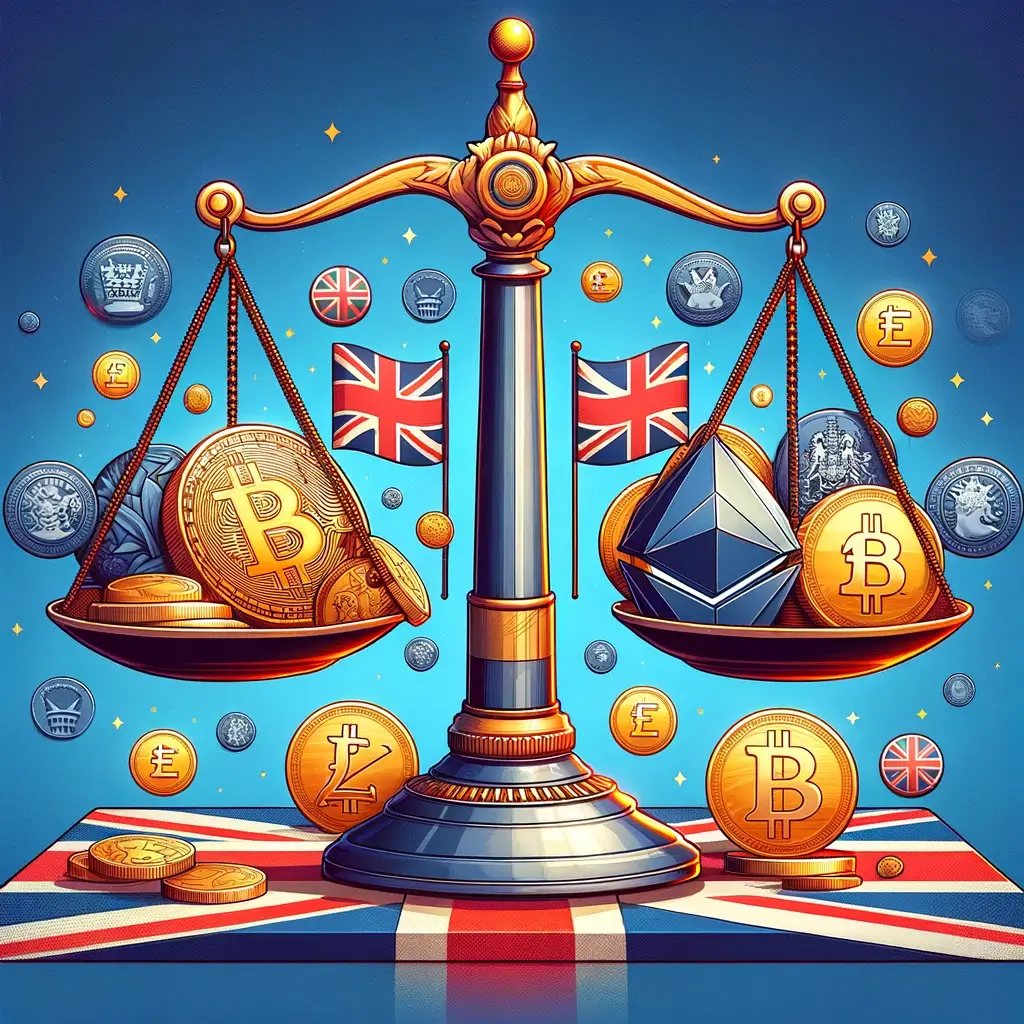
Decoding the UK Government’s Crypto Reforms: Impact and Overview
Learn more
August 1, 2023
Last Updated: October 3, 2023

In recent years, you’ll have heard a certain word making waves in the tech industry – Web 3.0. This term refers to the next generation of the internet, promising a more decentralised, secure, and user-centric online experience. If enthusiasts and punters are to be believed, then Web 3.0 will invite internet users to become more active contributors and beneficiaries, where they can foster a sense of ownership and community.
But will it be everything they say it is?
In this blog post, we will delve into the exciting world of Web 3.0 so you can get a better understanding for when it does eventually enter our lives, including topics on:
To engage in the Web 3.0 conversation and understand how it may affect your crypto, you should consider joining our community of Crypto Tax Degens. Crypto enthusiast and tax expert, Andy Wood, shares exclusive and up-to-date knowledge to the community. Don’t miss out, become a degen now.
Web 3.0, often referred to as the decentralised web, represents the evolution of the internet from its current state (Web 2.0) towards a more open, inclusive, and interoperable ecosystem. It aims to address the limitations of Web 2.0, such as privacy concerns, centralised control, and data ownership issues.
The web has come a long way since its inception. Web 1.0 was a read-only web, consisting of static web pages. Web 2.0 introduced user-generated content, social media platforms, and interactive web applications. Now, Web 3.0 seeks to leverage blockchain technology, decentralised networks, and advanced protocols to create a more secure and transparent online environment.
Web 3.0 has the potential to revolutionise various aspects of our digital lives. It offers increased privacy, data ownership, and control over personal information. By decentralising power and removing intermediaries, it empowers individuals and reduces the influence of centralised entities. Web 3.0 also fosters innovation by enabling new business models and facilitating trustless transactions.
Web 3.0 relies on several key technologies and concepts, including:
So, we know what made the internet what it is up to now, and we know the concepts and technologies that Web 3.0 will be based on, but what will the key features of Web 3.0 be? What can internet users expect?
Web 3.0 opens up a world of possibilities across various industries and for a variety of users. From content creation and digital identity to a completely new realm of finance, here are some of the ways in which Web 3.0 is looking to upend how we use the internet.
Web 3.0 allows for peer-to-peer lending, decentralised exchanges, and programmable money.
Blockchain-based systems can enhance transparency, traceability, and trust in supply chains, reducing fraud and inefficiencies.
Web 3.0 enables users to have full control over their digital identity, reducing reliance on centralised identity providers.
Web 3.0 introduces new models for content creators to monetize their work directly, without intermediaries.
Web 3.0 addresses many of the current internet’s challenges, but it also introduces new complexities and considerations. It is an ongoing evolution, and its success depends on widespread adoption and continuous development.
If the prospect of Web 3.0 is enticing, you’re not alone. What are some of the possible drawbacks or limitations that could come out of it?
Users may find it challenging to understand concepts like private keys, wallets, and gas fees. Developers require specialised skills in blockchain programming languages, and integrating applications across networks can be complicated due to varying protocols. Upgrades and forks can also lead to difficulties.
Decentralised ecosystems may be misused for illegal activities due to the anonymity they offer. Regulators face challenges in overseeing cross-border decentralised systems, potentially enabling illicit actions.
Determining the regulatory status of tokens and projects is difficult due to securities and compliance issues. Moreover, operating across borders without a central entity complicates the application of existing laws. The lack of clarity in global regulations leaves decentralised technologies grappling with potential legal ambiguities and creates challenges for regulators worldwide.
Regulatory and legal uncertainties surround decentralised applications due to their unique nature and global reach. Determining their regulatory status and applying laws across borders are complex challenges. Regulators worldwide are still grappling with how to govern these innovative technologies, resulting in a lack of clear guidelines and potential legal ambiguities.
There is no ‘launch date’ or release window of Web 3.0 as it is more of a transitional phase of the internet at large, but as blockchain technology and decentralised networks grow in use and convenience, we’ll no doubt be using a revolutionised Web 3.0 internet within the relatively near future.
Web 3.0 is not expected to replace Web 2.0 entirely. Instead, it will likely coexist and complement existing web technologies and applications.
Web 3.0 holds immense potential to reshape the internet as we know it, offering increased privacy, user control, and security. While it comes with its challenges, the benefits of decentralisation and enhanced user empowerment are worth exploring. As Web 3.0 continues to evolve, it is crucial to stay informed, engage with decentralised technologies, and prepare for the exciting possibilities that lie ahead in this decentralised future.
If you are looking for expert tailored crypto tax advice and riveting conversation on the potential of Web 3.0, join our community of Crypto Tax Degens today led by crypto tax expert Andy Wood who will deliver unique, evolving information on the crypto world.

Andy has a breadth of experience as a Barrister and as a Chartered Tax Advisor, which means he comes into the crypto space with expertise he can't wait to share.
Learn more"*" indicates required fields
Want to join the community? View our range of packages with exclusive perks!
It’s not complicated. The best way to avoid bagholding is by staying informed. The best way of staying informed is by listening to the expert.
Andy has a wealth of experience and knowledge designed to help you navigate the crypto tax world, whether you’re in a bull run, sitting on uncomfortably large profits, or planning for the next halving.
Exclusive access
Exclusive access to one of the brightest minds in Crypto
Expert advice
Expert advice on preserving wealth, estate planning, wills, and so much more
International network
Connections to an international network of professional tax advisors

April 24th, 2024

April 4th, 2024

March 20th, 2024

March 20th, 2024

March 20th, 2024

March 20th, 2024

March 20th, 2024

March 12th, 2024

March 11th, 2024

March 4th, 2024
Got a question or query about our community? Reach out now and we will get back to you soon.
"*" indicates required fields





